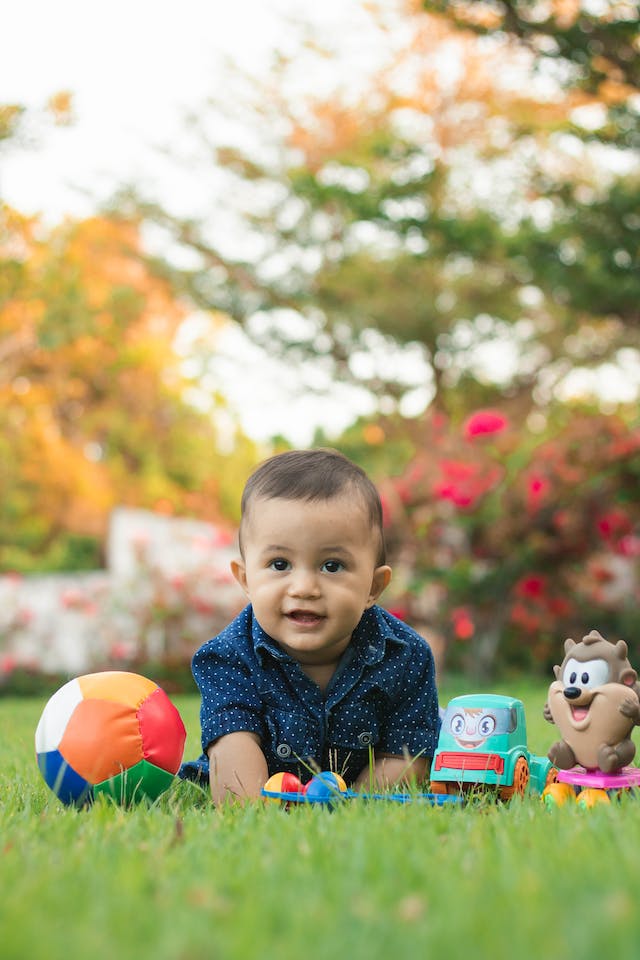Introduction
Saying “no” to your child, especially a toddler, is a crucial aspect of parenting.
While it may seem challenging, setting boundaries and teaching your child the importance
of limits is essential for their development.
In this article, we will explore the art of saying “no” to your toddler effectively and provide
valuable tips on how to do it without causing frustration or resentment.
Why Saying “No” is Important
Saying “no” to your child is not about being
authoritarian but about establishing a safe and nurturing environment.
It helps children understand their boundaries and teaches them valuable life lessons such
as patience, self-control, and respect for others.
Here’s how to say “no” to your toddler with love and empathy:
Be Clear and Consistent
One of the keys to successful parenting is clarity and consistency.
When you say “no” to your toddler, make sure your message is clear and easy to
understand.
Use simple language and a firm but gentle tone.
Consistency is crucial because it helps your child understand that certain behaviors are
not acceptable.
Offer Alternatives
Instead of simply saying “no,” provide your toddler with alternative options.
For example, if your child wants a sugary snack before dinner, say, “No, we can’t have
cookies now, but you can have a piece of fruit.”
This way, you’re not denying their request outright but redirecting it towards a healthier
choice.
Explain Why
Toddlers are curious by nature, and they like to understand the reasons behind things.
When you say “no,” briefly explain why.
For example, if they want to touch something fragile, say, “No, we can’t touch that because
it might break, and we could get hurt.” This helps them comprehend the logic behind your
decision.
Use Positive Reinforcement
Praise and positive reinforcement go a long way in reinforcing good behavior.
When your toddler listens and accepts your “no,” be sure to acknowledge their
cooperation.
Saying something like, “Thank you for understanding and being patient” reinforces their
positive behavior.
Be Empathetic
Saying “no” doesn’t mean you should disregard your child’s feelings.
Acknowledge their emotions and validate their feelings.
For example, if your toddler is upset because they can’t have a toy, say, “I understand that
you really want the toy, and it’s okay to feel sad about it.”
This shows empathy and helps your child develop emotional intelligence.
Pick Your Battles
Not every situation requires a firm “no.” It’s essential to choose your battles wisely.
Reserve your strongest negative responses for situations that involve safety, health, or
moral values.
For less critical matters, consider allowing some flexibility.
Lead by Example
Children learn by observing their parents.
Set a positive example by practicing self-control and respecting boundaries in your own
life.
When they see you saying “no” in a reasonable and respectful manner, they are more
likely to emulate this behavior.
Conclusion
Saying “no” to your toddler is an essential part of parenting, and when done effectively, it
can help them grow into well-adjusted individuals.
Remember to be clear, consistent, and empathetic in your approach.
Offer alternatives, explain your reasoning, and use positive reinforcement to encourage
good behavior.
By following these tips, you can say “no” to your child with love and understanding,
fostering a healthy parent-child relationship and promoting their overall development.
![]()











